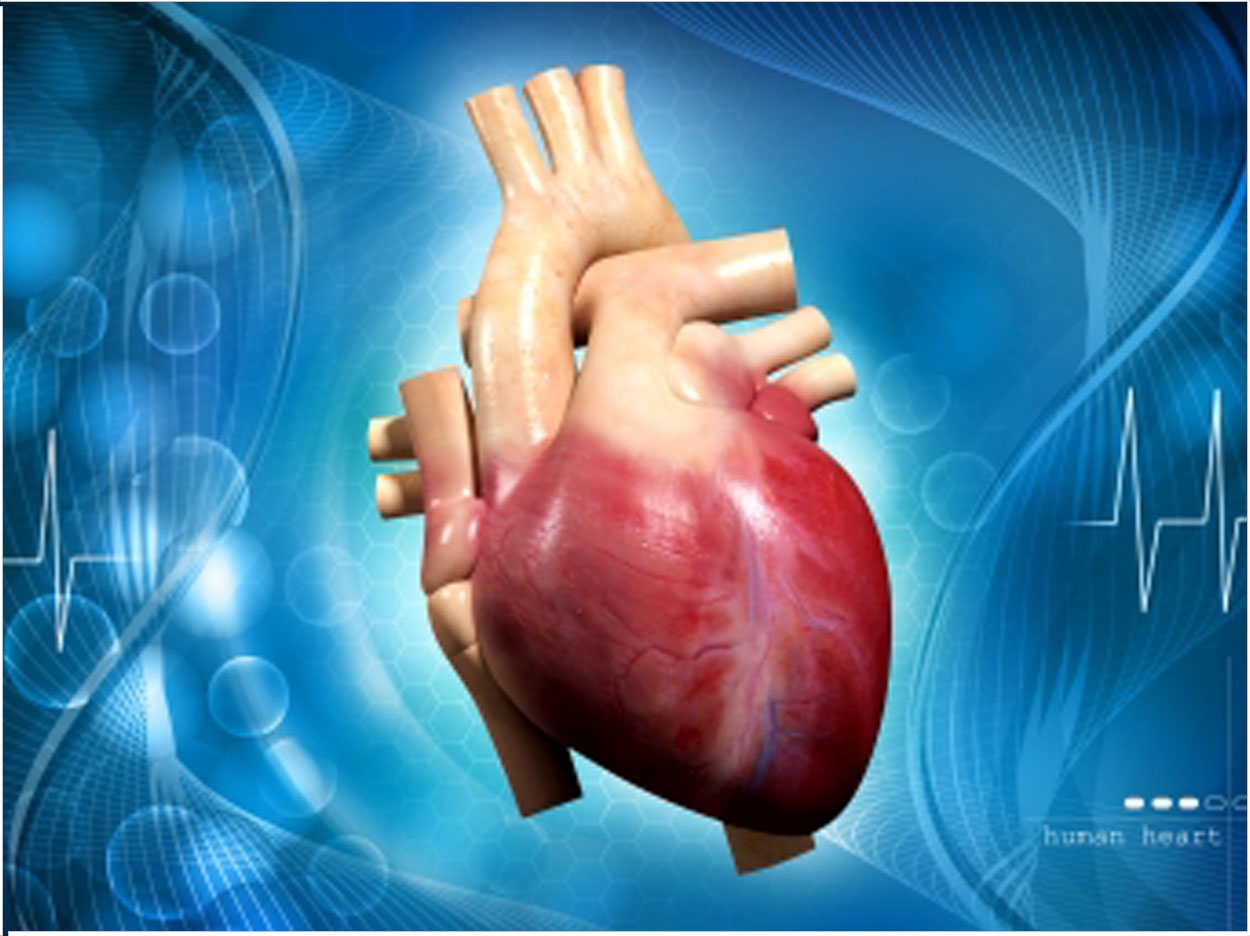
Periodontitis has been known as a risk factor for heart disease for some time. Now, researchers from Orebro University in Sweden have shown how a periodontal pathogen causes changes in gene expression that boosts inflammation and atherosclerosis in aortic smooth muscle cells.
Previously, the Porphyromonas gingivalis periodontal pathogen had been found in coronary artery plaques of heart attack patients. It also had been shown to cause and accelerate formation of coronary and aortic atherosclerosis in 2 species of animal models.
In the new study, the researchers cultured human aortic smooth muscle cells and infected them with P gingivalis. They found that gingipains, which are the virulence factors produced by P gingivalis, promote expression of the pro-inflammatory angiopoietin 2 while dampening expression of the anti-inflammatory angiopoietin 1 in the smooth muscle cells, with the net effect of increasing inflammation. Inflammation is strongly implicated in atherosclerosis.
“Although unstimulated (aortic smooth muscle cells) produce angiopoietin 2 at a low level, stimulation with wild-type P gingivalis dramatically increases the gene expression of angiopoietin 2 in (aortic smooth muscle cells),” the investigators wrote.
“Angiopoietin 2 directly increases the migration of aortic smooth muscle cells,” said first author Boxi Zhang, a PhD student at the department of clinical medicine at the school of health sciences at Orebro University. “The migration of smooth muscle cells is involved in the patheogenesis of atherosclerosis.”
As with ginginpains, tumor necrosis factor (TNF), a human-produced inflammatory cytokine and cardiovascular risk factor, also induces and promotes atherosclerosis via the 2 angiopoietins. Yet the new research shows that gingipains operate independently from TNF, said Torbjorn Bengtsson, leader of the study.
“Our research clarifies the mechanism behind the association of periodontitis and cardiovascular disease,” said Zhang. “Our aim is to find biomarkers that can help us diagnose and treat both diseases.”
The full study was published by the American Society for Microbiology in Infection and Immunity.












